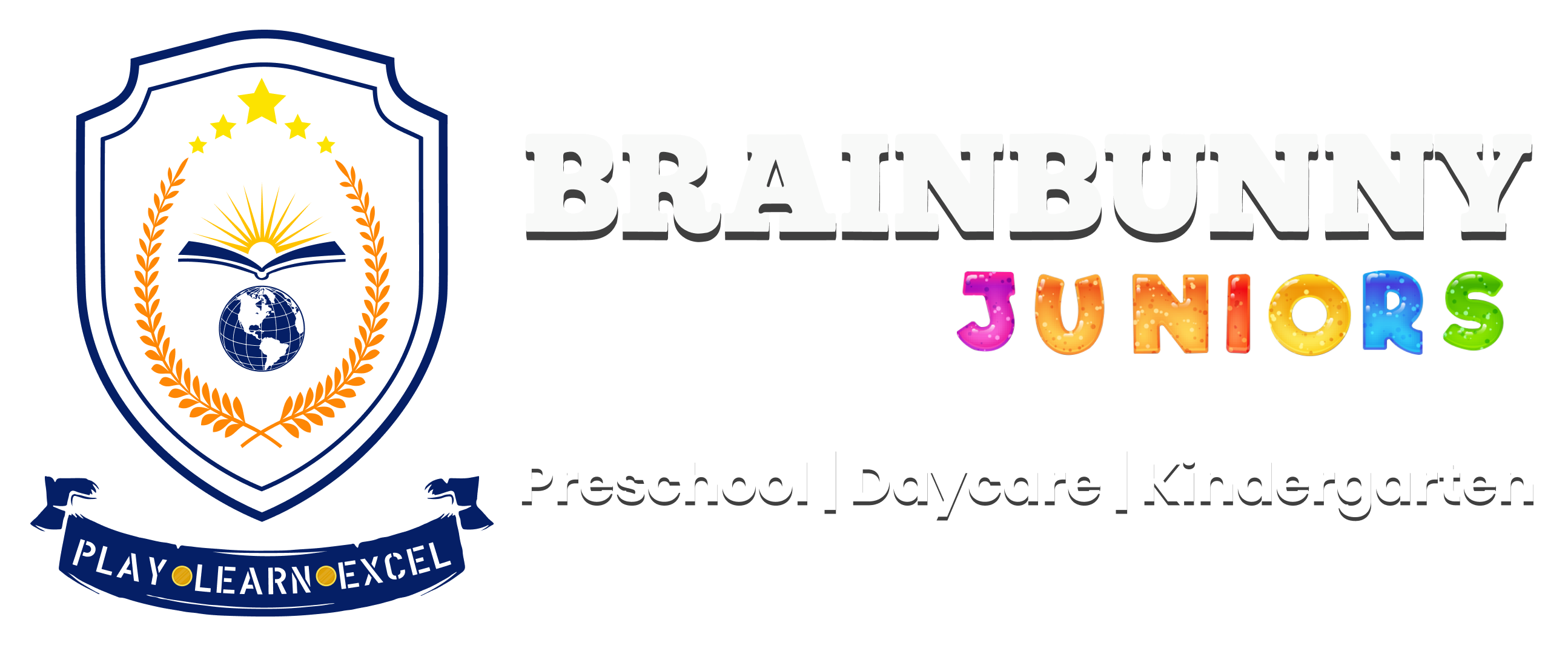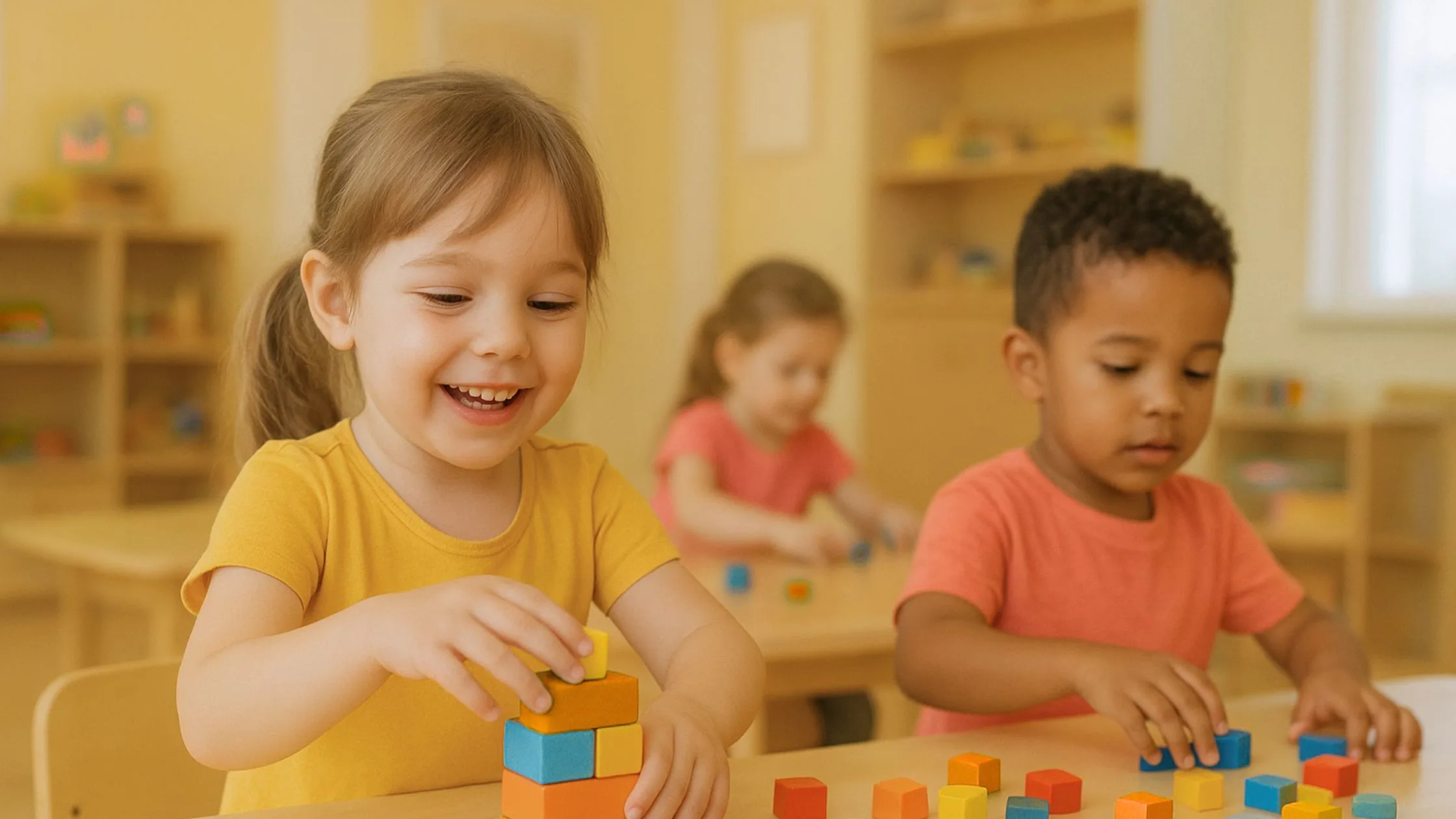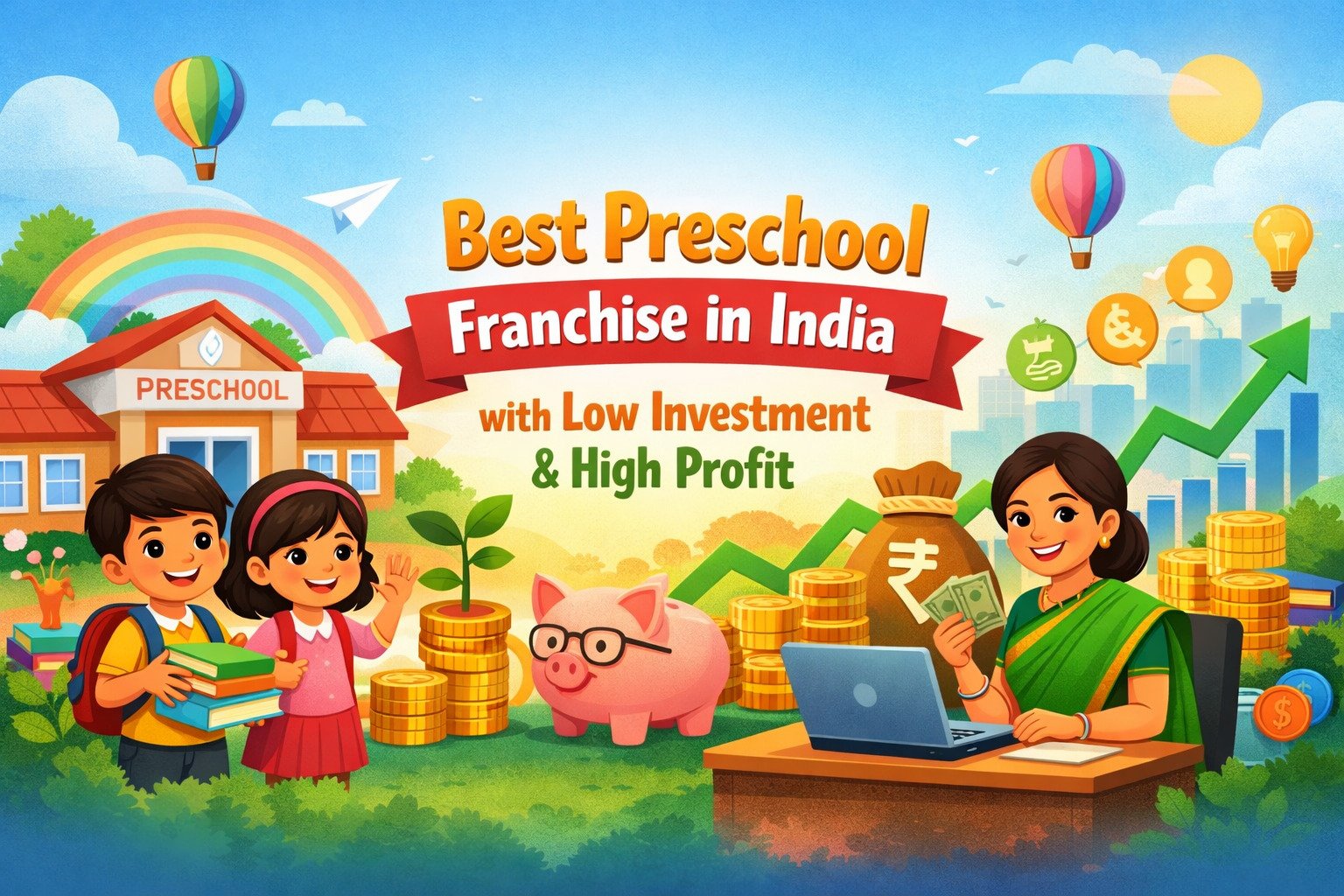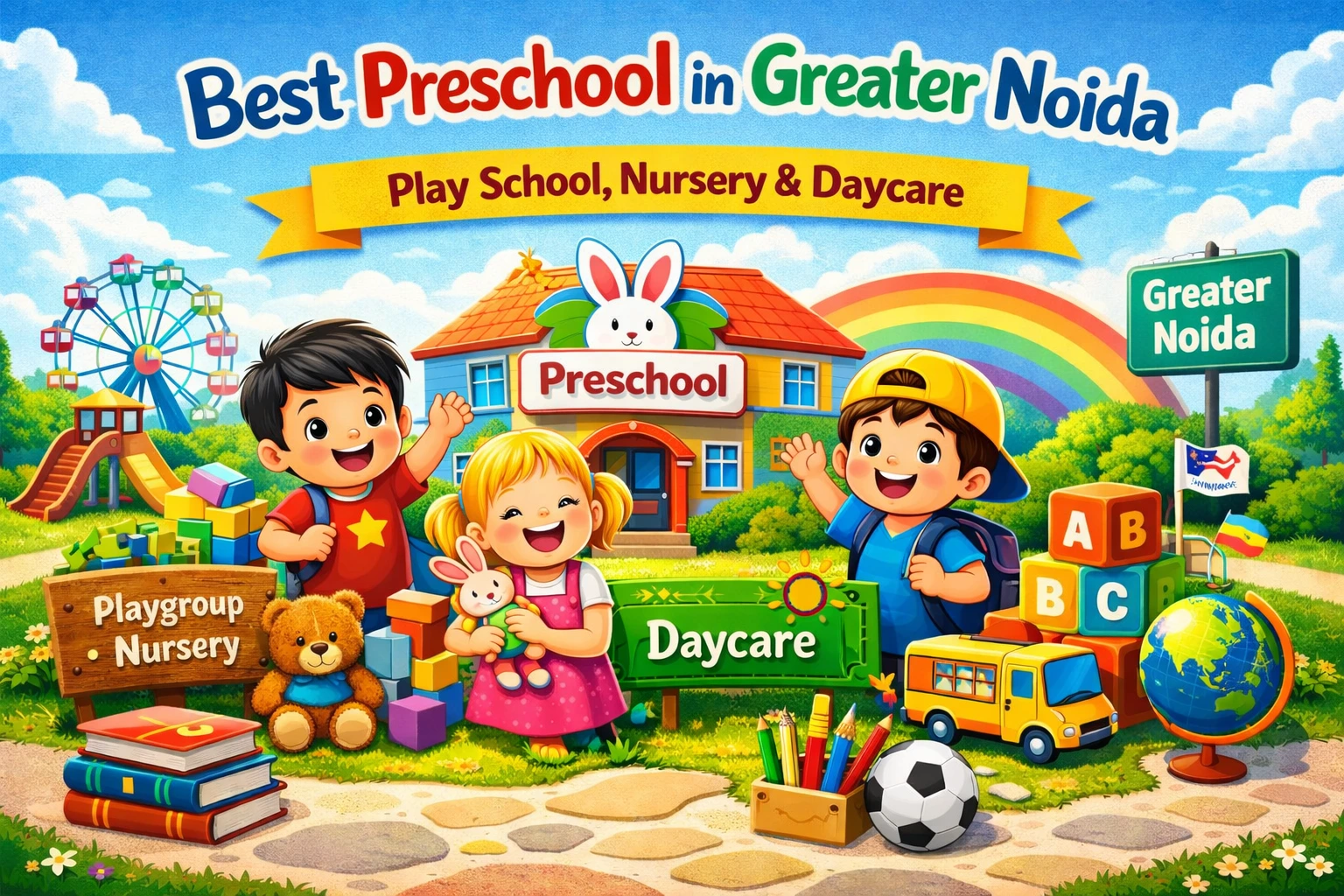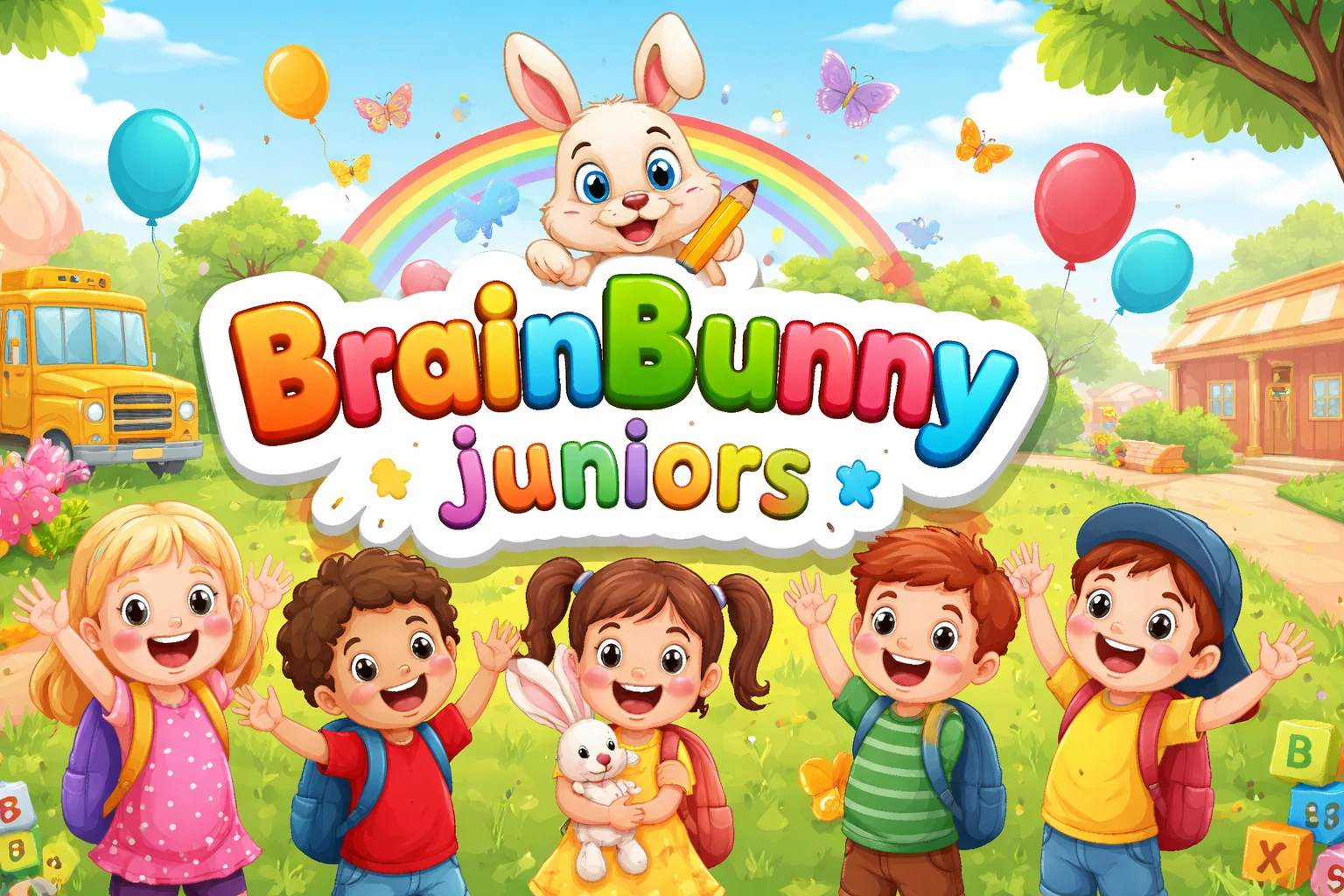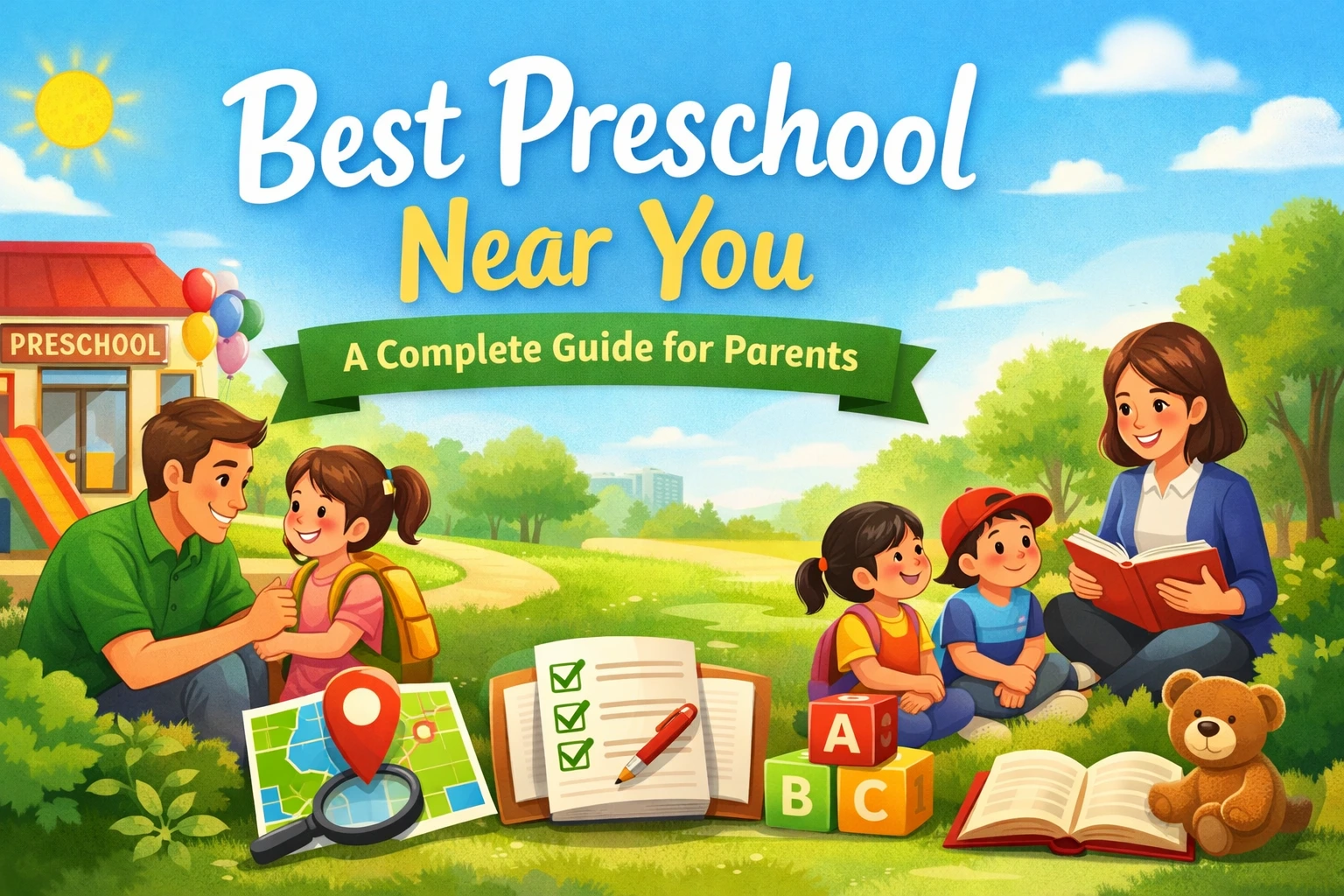Early childhood is the most critical stage for shaping a child’s future. At BrainBunny Juniors, we believe learning should be fun, engaging, and meaningful. That’s why our play-based learning approach is designed to nurture curiosity, creativity, and essential life skills. In this blog, you’ll learn why play-based learning is more than just fun—it’s the foundation for lifelong success.
What is Play-Based Learning?
Play-based learning is an educational approach where play becomes the medium for acquiring knowledge and skills. Unlike traditional teaching methods, children explore, experiment, and discover at their own pace.
Key Benefits:
- Exploration and discovery
- Problem-solving and critical thinking
- Social collaboration and empathy
- Emotional regulation and resilience
Why Play-Based Learning is Crucial for Your Child
Boosts Cognitive Development
Activities like building blocks, puzzles, and STEM games enhance critical thinking, problem-solving, and math skills naturally.
Enhances Emotional Intelligence
Through role play and interactive storytelling, children learn to express emotions, understand others, and develop empathy.
Fosters Creativity and Innovation
Art, music, and imaginative games encourage self-expression and out-of-the-box thinking, vital for future learning.
Promotes Physical Development
Active play improves gross and fine motor skills, coordination, and overall health.
Strengthens Social Skills
Group activities teach children how to share, communicate, and collaborate effectively, preparing them for school and life.
How BrainBunny Juniors Implements Play-Based Learning
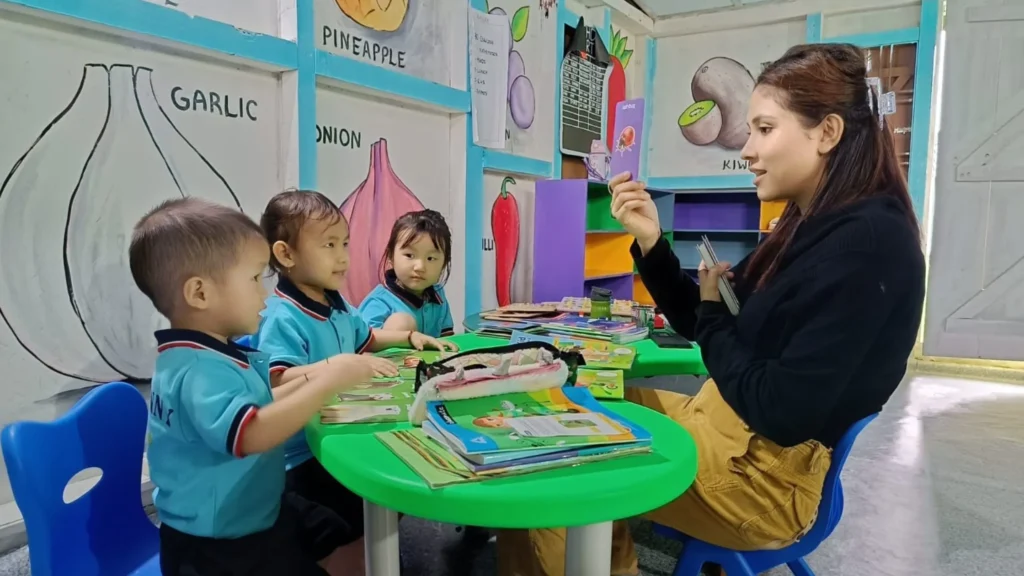
At BrainBunny Juniors, play-based learning is integrated into the CURIO Curriculum, balancing structured and unstructured activities.
Features Include:
- Safe and stimulating classrooms and play areas
- Diverse educational materials for hands-on learning
- Guided and free-play sessions for holistic development
- Experienced educators who enhance learning through observation and interaction
- Activities aligned with literacy, numeracy, STEM, and life skills
Real-World Examples of Play-Based Activities
- Imaginative Role Play: Teaches empathy and social understanding
- STEM Exploration: Encourages problem-solving and scientific thinking
- Creative Arts: Boosts creativity and fine motor skills
- Outdoor & Movement Games: Supports physical growth and coordination
- Storytelling & Language Games: Enhances vocabulary and comprehension
Evidence Supporting Play-Based Learning
- Studies show play-based learning improves problem-solving, critical thinking, and social competence.
- Children engaged in such programs exhibit better emotional intelligence and adaptability.
- Early exposure to active learning enhances academic readiness and attention spans.
Benefits for Parents
Play-based learning benefits not just children, but parents too.
- Provides confidence that children are engaged in meaningful learning
- Ensures a smooth transition into formal schooling
- Promotes happier, more resilient children
- Offers peace of mind for working parents
Explore our Daycare and Admission Options.
Why Choose BrainBunny Juniors?
Parents trust BrainBunny Juniors because we provide:
- Holistic development covering cognitive, social, emotional, and physical growth
- Safe and nurturing learning environment
- Expert teachers guiding every activity
- CURIO Curriculum that blends fun with learning
- Strong home-school partnership for parental involvement
FAQs
Q1: What is play-based learning in preschool?
Play-based learning is an approach where children explore, create, and learn through structured and unstructured play activities. It helps build academic, social, and emotional skills in a natural, enjoyable way.
Q2: Why is play-based learning important in early childhood education?
It encourages creativity, problem-solving, social interaction, and emotional intelligence, preparing children for lifelong learning.
Q3: How does BrainBunny Juniors use play-based learning?
BrainBunny Juniors integrates play into its CURIO Curriculum, combining activities like STEM games, role play, arts, storytelling, and outdoor fun with academic readiness.
Q4: Does play-based learning improve academic performance?
Yes. Research shows that children in play-based programs develop stronger cognitive skills, better focus, and higher problem-solving abilities, leading to long-term academic success.
Q5: Is BrainBunny Juniors suitable for working parents?
Yes! Along with preschool, BrainBunny Juniors offers daycare services that provide children with a safe, fun, and educational environment while parents are at work.
Conclusion
Play-based learning is more than fun—it is the foundation of lifelong success. By nurturing creativity, problem-solving, and collaboration, children gain the confidence and skills they need to thrive.
At BrainBunny Juniors, we make learning joyful, engaging, and impactful.
Ready to give your child a strong start?
